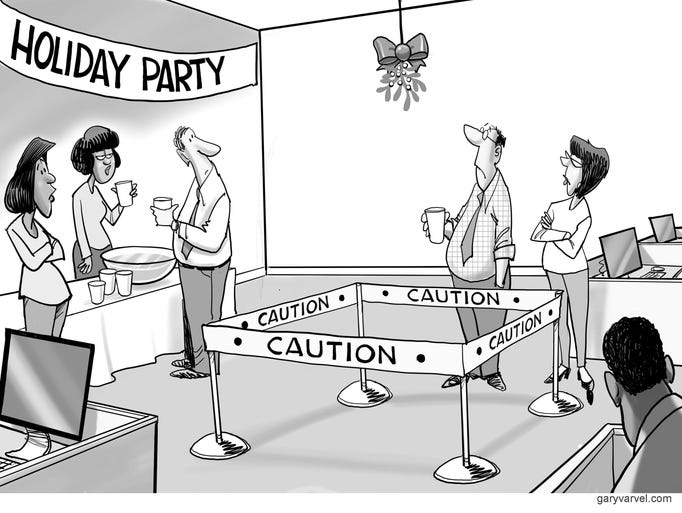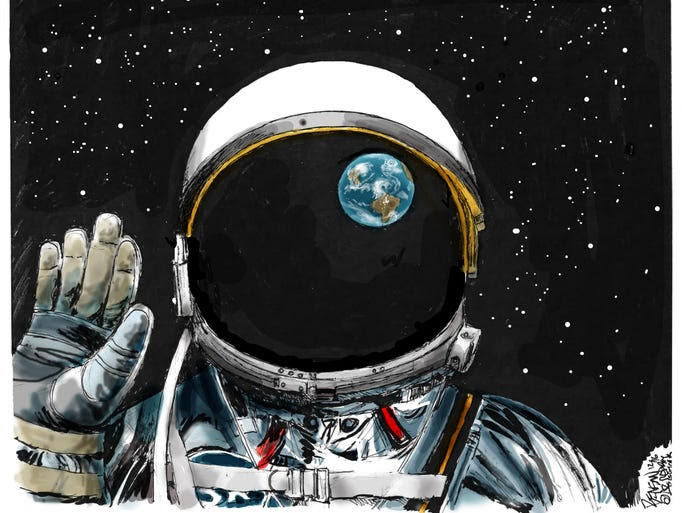
Older workers tend to be more knowledgeable than younger workers. Though it can take longer for older people to learn new skills or process new information, they are often much better at tasks they’ve practiced extensively.
Fluid intelligence,” your ability to process new information and situations, tends to decline with age. Meanwhile, “crystallized intelligence,” your knowledge of facts and how to perform particular tasks, generally increases through your 50s and 60s, researchers have found, with little decline after that.
That’s one reason designers and stock traders are more susceptible to decline, than, teachers and academics.
For example, photography, a job that can require lots of fluid intelligence, can be more susceptible to age-related decline than jobs as cooks or cleaners, which depend on physical and cognitive skills that last late into life.
Not all the news about aging is bleak. Americans on the whole are living longer, healthier lives than ever. A record number are working past age 65, and the share of seniors with dementia has plunged, from 11.6 percent in 2000 to 8.8 percent in 2012.
Exercise and good nutrition can help you stay productive longer. Just a thought.






